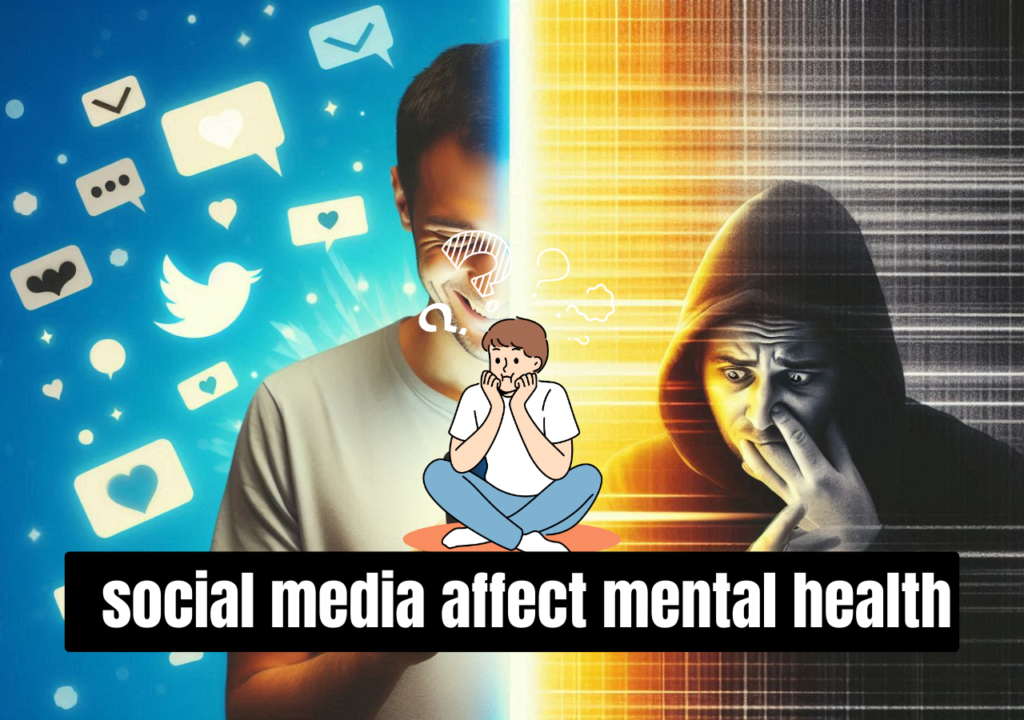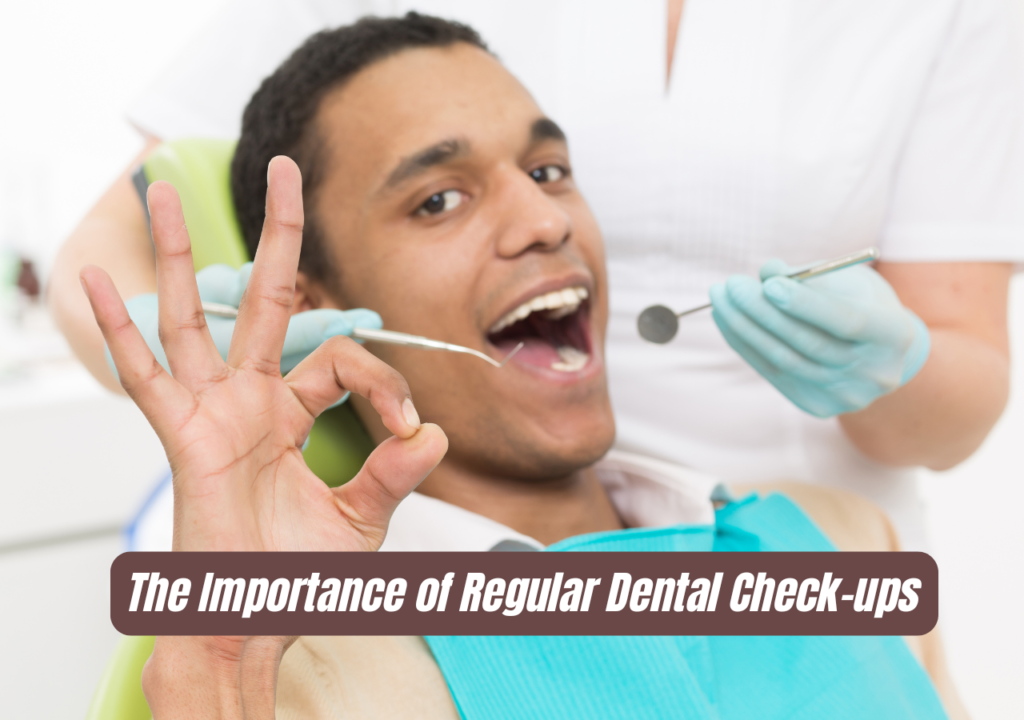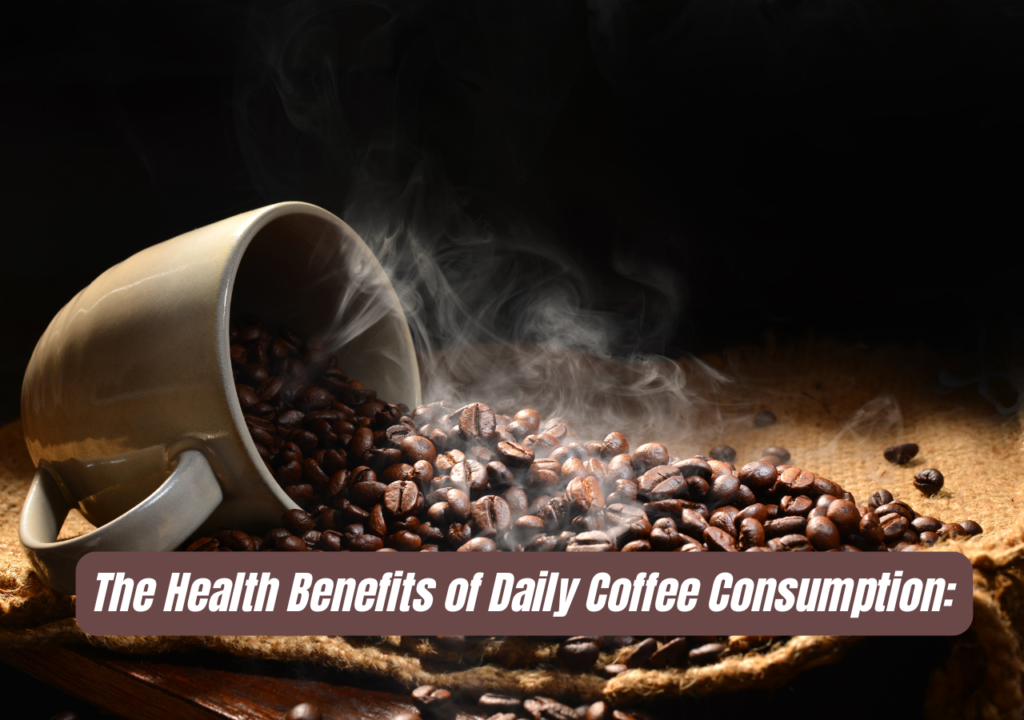Is Social Media Bad for Mental Health? Exploring the Impact on Well-Being
Social media has now become an indispensable part of life for almost everyone who uses the Internet. They provide user unmatched access for social communications and for obtaining information about events around the globe. However, together with the opportunities such as availability, leisure, and content provided by social networks, many begin to question the effects of using social media on mental health. From low self-esteem, to anxiety, to depression, self and other research, as well as a number of experts have identified social networking sites as having a two-bladed sword. This article boldly focuses on the issue of how social media impacts the health of a individual, and whether it has a positive or negative impact towards an individuals health.

How Social Media Affects Mental Health: The Pros and Cons
Positive Effects of Social Media
- Connection and Support: For many people, social media serves as a support system, offering an avenue for connecting with loved ones, making new friends, or finding communities that share similar interests or struggles.
- Access to Information: Social platforms like Facebook, Twitter, and Instagram have made it easier to learn about mental health, share resources, and seek help without leaving home.
- Self-Expression: Platforms like Instagram and TikTok allow users to creatively express themselves, fostering a sense of individuality and community.
Negative Effects of Social Media
-
- Comparison Culture: Constant exposure to idealized representations of others’ lives can trigger feelings of inadequacy. People often compare themselves to influencers or peers, which can lead to low self-esteem.
- Fear of Missing Out (FOMO): Seeing others participate in events or activities can provoke anxiety in those who feel they are missing out. This feeling can contribute to isolation and loneliness.
- Cyberbullying and Harassment: With anonymity on social media, some users face harassment, trolling, or cyberbullying, which significantly damages self-esteem and mental health.

The Psychological Mechanisms at Play
Dopamine Rush from Social Media Use
Social media platforms are designed to be addictive. The algorithms used by sites like Facebook and Instagram are engineered to keep users scrolling and engaging. Every “like,” comment, or share releases dopamine, a chemical associated with pleasure. However, this dopamine rush can become problematic, leading to addictive behaviors and exacerbating feelings of stress and anxiety when users aren’t getting the responses they anticipate.
The Endless Scrolling Trap
Known as “doomscrolling,” the practice of endlessly scrolling through negative news or posts can contribute to heightened anxiety and depressive feelings. This phenomenon worsened during the COVID-19 pandemic as users remained glued to their feeds, consuming distressing information.

Social Media and Teenagers: A Vulnerable Group
Teenagers and young adults are particularly susceptible to the mental health challenges posed by social media. This demographic spends significant time online, where social validation becomes crucial. Studies show that adolescents who spend over three hours a day on social media are more likely to report feelings of depression, anxiety, and loneliness.
- Body Image Issues Instagram, TikTok, and Snapchat often promote unrealistic beauty standards, putting immense pressure on teens to look a certain way. This can result in body dissatisfaction, eating disorders, and other self-esteem-related issues.
- Cyberbullying in Teens The anonymous nature of social media allows bullies to target teens without consequence. The effects of cyberbullying are devastating, sometimes leading to depression, anxiety, and even suicide in extreme cases.
The Role of Algorithms: Keeping Users Hooked
Social media algorithms are designed to prioritize engagement. They show users content that is likely to capture attention based on previous behavior, interactions, and preferences. While this can enhance user experience, it also makes users prone to obsessive checking and overuse of the platform, ultimately taking a toll on mental well-being.
- Echo Chambers and Mental Health Algorithms also create echo chambers, where users only see content that aligns with their beliefs or interests. While this may seem harmless, it reinforces negative thoughts or false perceptions, making it difficult to escape from unhealthy mental patterns.
- Social Media Detox: A Solution? One proposed remedy to the negative effects of social media is to periodically take a break, known as a social media detox. Studies show that even a short break from social media can help alleviate anxiety and stress.
Scientific Studies on Social Media and Mental Health
- University of Pennsylvania Study (2018) A study conducted by the University of Pennsylvania revealed that limiting social media use to just 30 minutes per day significantly reduced feelings of loneliness and depression.
- JAMA Pediatrics Study (2019) Published in JAMA Pediatrics, this study found that adolescents who spend more time on social media platforms were more likely to report mental health issues like anxiety and depression.
How to Use Social Media Responsibly
- Limit Time on Platforms Setting time limits on social media usage can help prevent addictive behavior and reduce stress. Apps like Instagram and Facebook now feature built-in tools that allow users to monitor and limit screen time.
- Curate Your Feed Unfollow accounts that promote unhealthy comparisons or trigger anxiety. Instead, follow accounts that spread positivity, mental health awareness, or provide valuable information.
- Practice Mindfulness Engage with social media mindfully. Be aware of the content you’re consuming and how it affects your mood or self-esteem. If a post makes you feel bad about yourself, disengage.
- Seek Professional Help If you feel that social media is having a negative impact on your mental health, consider seeking therapy or counseling. Many mental health professionals specialize in the impact of digital media on psychological well-being.
Conclusion
While social media offers undeniable benefits, it also has a dark side when it comes to mental health. From fostering unrealistic comparisons to triggering anxiety, the effects are both subtle and profound. The key to enjoying social media responsibly is balance—using it to connect and express without letting it control or define you. By being mindful of its potential harms and making conscious efforts to manage your usage, you can maintain both your mental health and your online presence.
References:
- University of Pennsylvania Study: https://www.upenn.edu/
- JAMA Pediatrics Study (2019): https://jamanetwork.com/journals/jamapediatrics
- American Psychological Association (APA): https://www.apa.org/topics/social-media

The Importance of Regular Dental Check-ups: Preventing Major Oral Health Issues
Caring for the health of teeth is very crucial to one’s health of the body….
Is Social Media Bad for Mental Health?
Is Social Media Bad for Mental Health? Exploring the Impact on Well-Being Social media has…
Probiotics Specially Designed for the Health of Your Teeth and Gums
Brand New Probiotics Specially Designed For TheHealth Of Your Teeth And Gums Try ProDentim: a unique…
The Health Benefits of Daily Coffee Consumption: Boost Your Focus, Mood, and More
Introduction: Coffee can be described as one of the most popular beverages in the globe,…
Top 5 Amazon Coffee Makers for Perfect Brews: Discover Your Ideal Coffee Machine
offee occupies an important place in many people’s lives, it is not only drink which…
Top 5 Best Coffee Shops in New York for a Perfect Coffee Date
When it comes to choosing the perfect coffee shop for a romantic coffee date in…
How does social media affect mental health?
Social media can affect mental health both positively and negatively. While it helps with connectivity and information sharing, excessive use can lead to anxiety, depression, and low self-esteem, often driven by social comparison, cyberbullying, and unrealistic expectations.
Can limiting social media use improve mental health?
Yes, studies have shown that reducing social media use, even by as little as 30 minutes per day, can lead to reduced feelings of loneliness, anxiety, and depression.
What is ‘doomscrolling,’ and how does it impact mental health?
Doomscrolling refers to the habit of continuously scrolling through negative or distressing news. This behavior can increase anxiety, stress, and a sense of helplessness, especially during global crises.
Are teenagers more vulnerable to social media’s negative effects?
Yes, teenagers are particularly susceptible to the negative mental health effects of social media, including body image issues, cyberbullying, and FOMO (fear of missing out). The pressure to fit in and gain social validation online can exacerbate mental health issues.
How can I use social media responsibly for better mental health?
To use social media responsibly, set time limits, curate your feed by following positive and supportive accounts, and engage mindfully. It’s also helpful to take social media detoxes or breaks to maintain mental clarity and balance.









